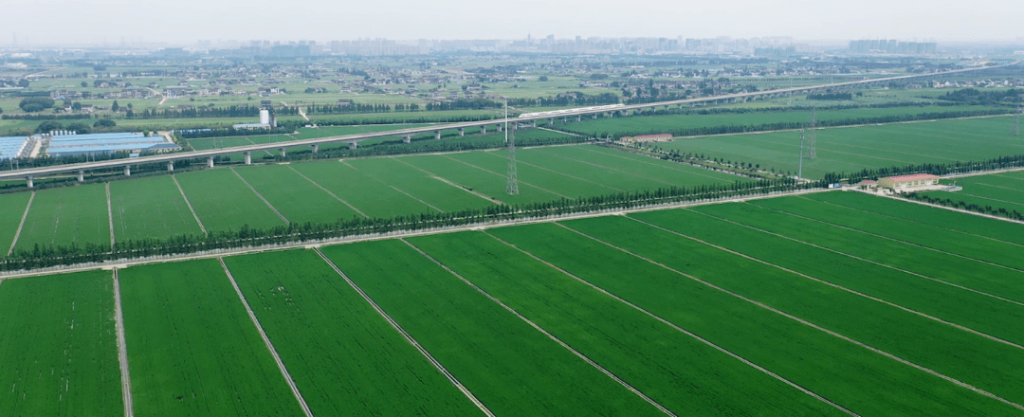Crop protection drones are becoming increasingly indispensable in modern agriculture, offering a range of benefits that enhance sustainability in farming practices. These unmanned aerial vehicles (UAVs) are equipped with advanced technology that enables precise and efficient pest control and disease management. In this article, we will explore how crop protection drones contribute to agricultural sustainability.
Key Features and Capabilities:
-
Precision Application: Crop protection drones can deliver pesticides, herbicides, and biological control agents with unparalleled precision, reducing chemical usage and minimizing environmental impact.
-
Aerial Surveillance: Equipped with cameras and sensors, drones can capture high-resolution images and collect data on crop health, pest infestations, and disease outbreaks. This data is vital for early detection and decision-making.
-
Quick Response: Drones can be rapidly deployed to address emerging pest threats, allowing for timely intervention and reduced crop losses.
-
Resource Efficiency: Drones optimize the use of resources by targeting specific areas of the field, conserving water, fertilizers, and energy.
Benefits of Crop Protection Drones for Sustainability:
-
Reduced Chemical Usage: Precision application minimizes chemical waste, lowers costs, and reduces the environmental impact of farming.
-
Enhanced Crop Health: Timely pest control and disease management result in healthier crops and higher yields.
-
Lower Environmental Impact: Reduced chemical runoff and minimized environmental harm contribute to sustainable farming practices.
-
Resource Conservation: Drones help conserve water and energy by optimizing resource use.
Challenges and Considerations:
-
Regulatory Compliance: Farmers must adhere to regulations governing the use of crop protection drones, including licensing and flight restrictions.
-
Initial Investment: Acquiring drones and the necessary technology can be a significant upfront cost, though many farmers find long-term benefits to outweigh this expense.
-
Data Management: Efficient storage, analysis, and interpretation of the data collected by drones are essential for making informed decisions.
In conclusion, crop protection drones are a valuable tool for promoting sustainability in agriculture. Their precision, efficiency, and reduced environmental impact align with the goals of modern farming practices. As technology continues to advance and become more accessible, crop protection drones are poised to play a vital role in achieving a more sustainable agricultural future.


No reply content